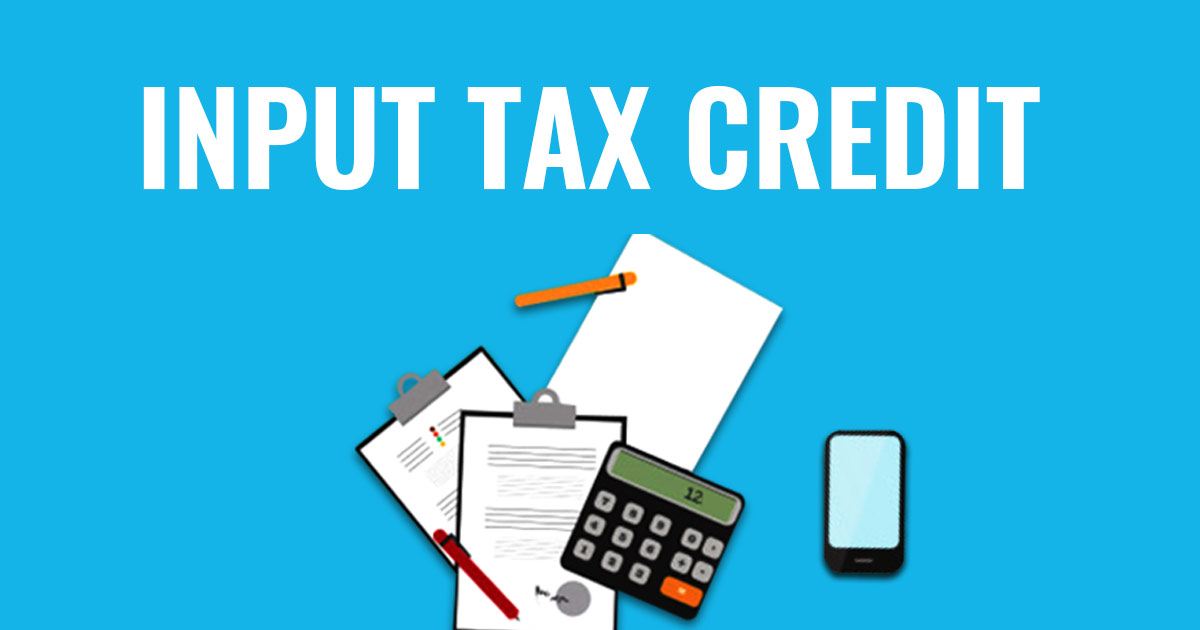
Recently in M/S Malik Traders Vs State of U.P., The Allahabad High Court gave an important decision about when and how a business can get a tax break, known as an input tax credit. Let’s break down what happened and what it means for businesses.
The Story
M/S Malik Traders got a notice saying they wrongly took a tax credit between April 2018 to September 2019. They said they had all the right papers and had paid the tax. But the court wanted more proof. They were asked to pay a tax fine of Rs. 6,16,074 and an equal penalty. They tried to appeal but didn’t succeed.
Main Points of Disagreement
The big question was whether just papers like bills and invoices having was enough to claim the tax credit. The business said they had the right documents and had paid the tax. The other side said that just showing these papers wasn’t enough.
What the Court Said
Judge Piyush Agrawal clarified that you could question a wrong tax credit claim, but you must first tell the business before taking any action.
The court looked at two previous cases:
- The Court notably referenced the Supreme Court’s decision in the case of the State of Karnataka Vs. M/s Ecom Gill Coffee Trading Private Limited, which emphasized that the petitioner bears the onus of unequivocally proving the actual transaction and physical movement of goods.
- Additionally, the Court drew upon the precedent set by the Allahabad High Court in Commissioner Commercial Tax Vs. M/s Ramway Foods Ltd., affirming that the responsibility for establishing the genuineness of transactions and the actual physical movement of goods lies primarily with the claiming dealer. Failure to meet this burden of proof results in the denial of benefits.
The Final Decision
The court said the idea behind the tax credit was to avoid double charging of taxes. But to get this benefit, businesses must meet certain rules. If they don’t follow these rules, they can’t get the benefit.
The court pointed out that just showing bills or payment details isn’t enough. Businesses also need to show proof like how the goods were moved, the cost of moving them, and confirming they received the goods.
In this case, the business couldn’t show these proofs. So, the court didn’t accept their request.
What We Can Learn
1. Be Careful with Paperwork: If you want a tax credit, make sure you have all the papers, not just bills.
2. Know the Rules: Be aware of what the law says about tax credits.
3. Keep All Proofs: Apart from bills, keep other proofs like delivery slips and payment receipts.
4. You Must Be Notified First: The court said businesses must be told first if there’s a problem with their tax credit.
To Sum It Up
The court’s decision reminds businesses to be very careful when claiming tax credits. Just having bills isn’t enough; they need to prove their claims with solid proof. This decision is a good lesson for all businesses about the importance of understanding tax rules and keeping all necessary documents.
This Article is only a knowledge-sharing initiative and is based on the Relevant Provisions as applicable and as per the information existing at the time of the preparation. In no event RMPS & Co. or the Author or any other persons be liable for any direct and indirect result from this Article or any inadvertent omission of the provisions, update etc. if any
Published on: October 30, 2023
